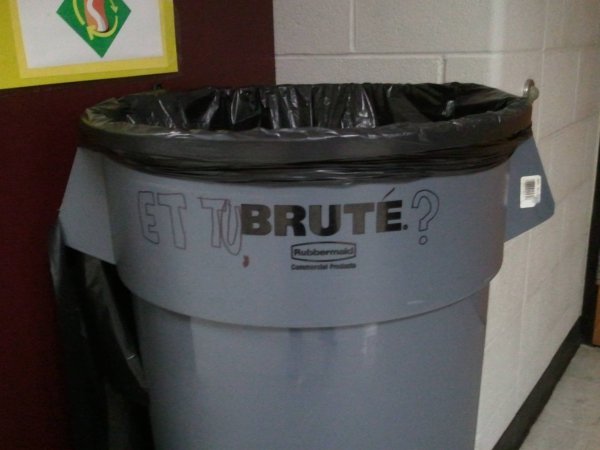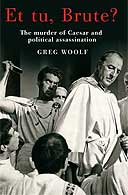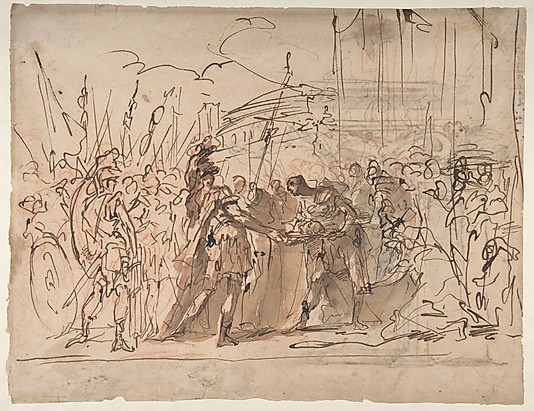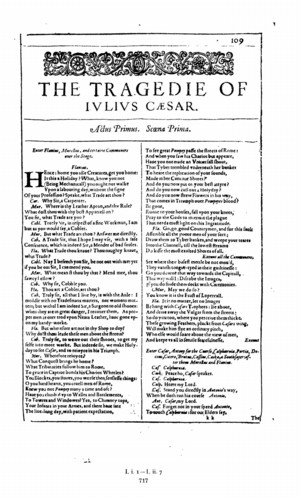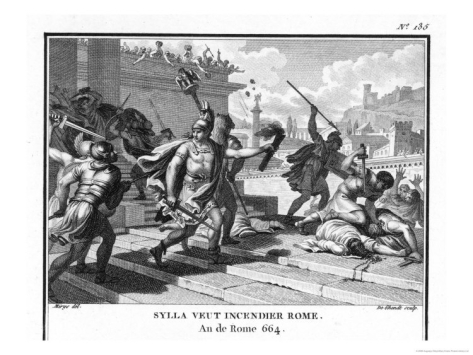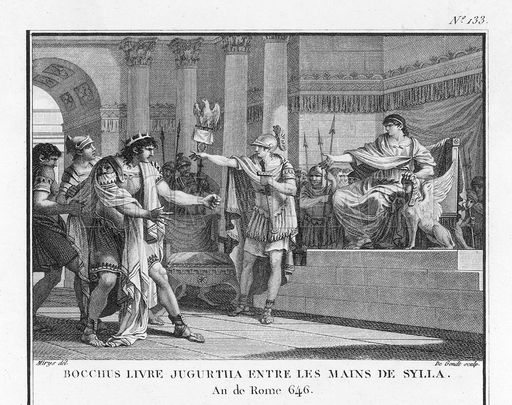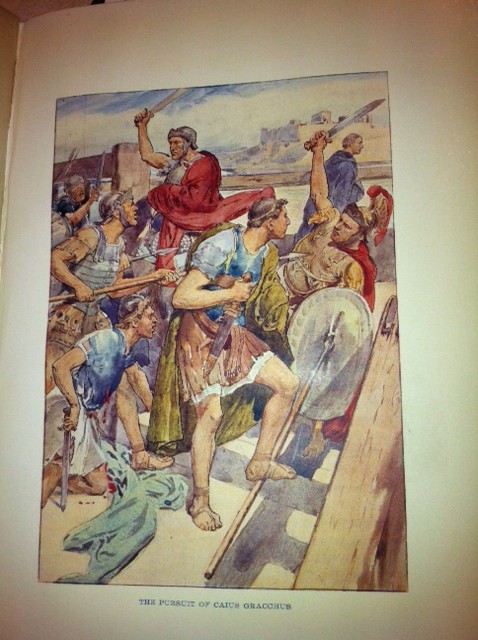Click here for direct link to audio podcast Episode #63.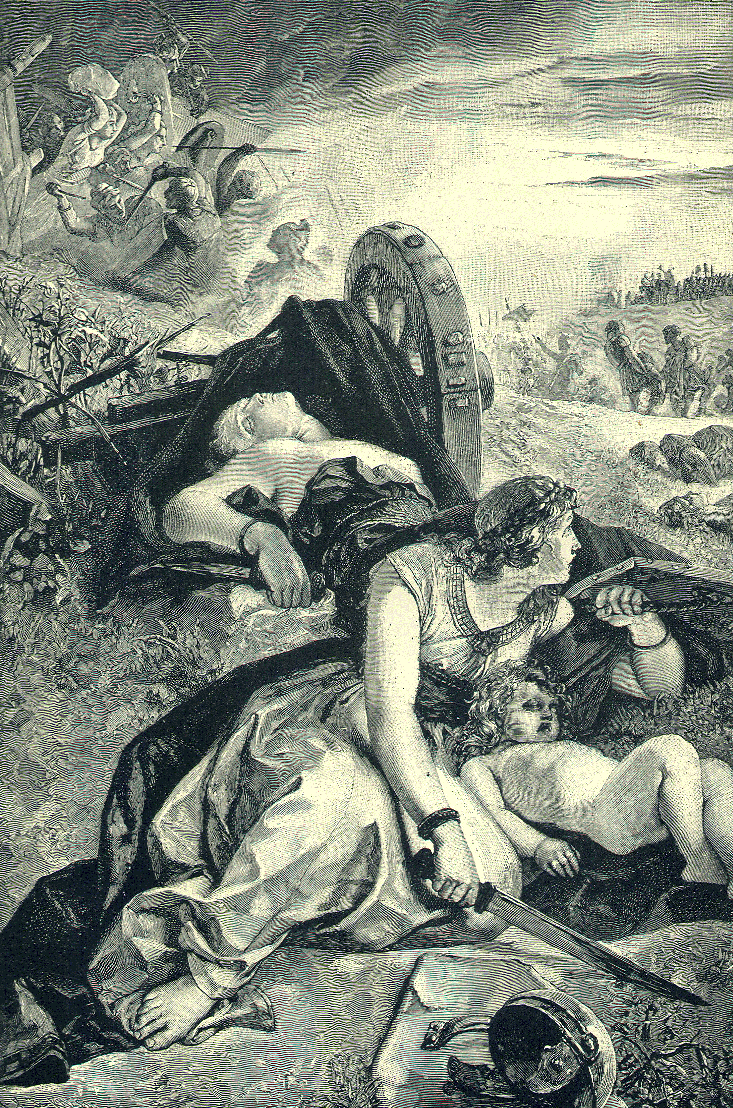
Click here for link to previous audio podcast episodes.
The European tribes that defied the Romans have always appealed to me. I especially like to read of open defiance in the face of death, like this excerpt describing the Cimbri warriors marching through the Alps, from the Modern Library edition of Plutarch’s Lives of the Noble Grecians and Romans, translated by John Dryden:
“…the barbarians…came on with such insolence and contempt of their enemies, that to show their strength and courage, rather than out of any necessity, they went naked in the showers of snow, and through ice and deep snow, climbed up to the tops of the hills, and from thence, placing their broad shields under their bodies, let themselves slide from the precipices along their vast slippery descents.”
On a darker note, Plutarch goes on to tell of the Cimbri women, “…standing in black clothes on their wagons, slew all that fled, some their husbands, some their brethren, others their fathers; and strangling their little children with their own hands, threw them under the wheels and the feet of the cattle, and then killed themselves. They tell of one who hung herself from the end of the pole of a wagon, with her children tied dangling at her heels.”
Would you have surrendered yourself and your loved ones to the enemy?
Today’s episode is from Plutarch’s Lives for Boys & Girls, retold by W.H. Weston, and illustrated by W. Rainey, published in London & Edinburgh in the early 1900′s.





